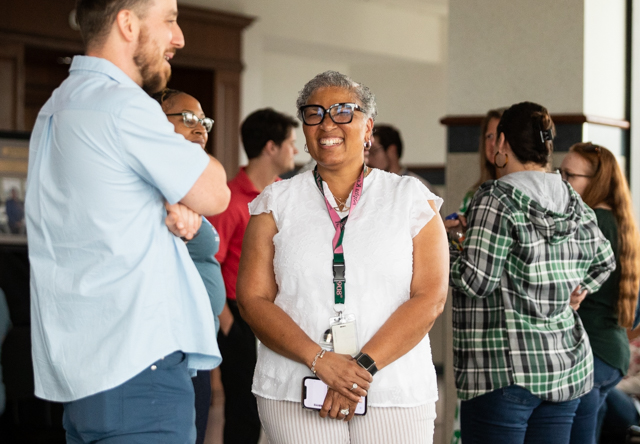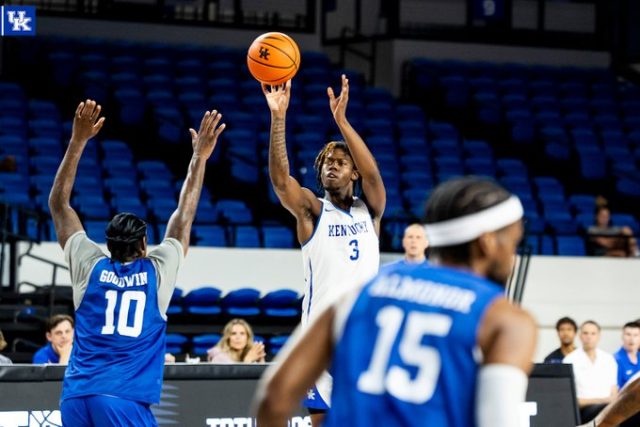Police translation skills questioned in federal case
Published 8:43 am Wednesday, April 13, 2016
An interview conducted by a U.S. Secret Service agent with a Bowling Green woman accused of taking part in a scheme to file false tax returns should not be admitted as evidence because the questions and responses were incorrectly translated by a third party, the woman’s attorney argued in a recent court filing.
Maria Chavez Salazar, 40, is charged in U.S. District Court with mail fraud and with conspiring to defraud the IRS.
Trending
She and two co-defendants are accused of using the identities of Mexican nationals living outside the U.S. to file false tax returns. Using that information, which included birth certificates, immunization records and voter cards, Salazar and two co-defendants, Fernando Diaz Herrera and Julio Ramos, are believed to have obtained individual taxpayer identification numbers from the IRS between 2010 and 2012 that enabled them to file tax returns and claim fraudulent refunds.
Herrera pleaded guilty to the charges and was sentenced to 41 months in prison. Ramos’ case is pending.
Salazar’s attorney, Travis Lock, filed a motion March 25 to suppress Salazar’s interview, which was conducted Aug. 7, 2012, with a Secret Service agent.
A Bowling Green Police Department detective translated the agent’s questions from English to Spanish for Salazar, whose responses were translated by the detective from Spanish to English for the agent, according to the motion.
The U.S. Attorney’s Office for the Western District of Kentucky provided to Lock a transcript of the interview that included all English utterances and an English translation of Spanish utterances, followed by a revised transcript that included all Spanish utterances in a column next to their English translation.
A federally certified translator hired by Lock, however, concluded that the BGPD detective, who is not named in the motion, incorrectly translated the questions and responses.
Trending
“Simply put, this interrogation is an utter mess,” Lock stated in his motion. “As a result of the incorrect translation of the questions, the answers are untrustworthy, unreliable and without valid context.”
Lock is requesting an evidentiary hearing and for the interview to be suppressed as evidence.
In an interview Tuesday, Lock said that while he has represented other clients who do not speak English as a first language, this is the first case he has called into question the translation of a defendant’s statements to law enforcement.
“So many persons in our community don’t speak English as their first language … I think (this issue) is something we’ll see coming up more and more,” Lock said. “Maria Salazar has a right to know what’s going on and as of right now, I don’t know that she does.”
Salazar and Herrera are married, Lock said, and she has denied having any knowledge of any criminal activity involving her husband or Ramos.
“She has denied that since day one,” Lock said.
In a response filed Monday, Assistant U.S. Attorney Amanda Gregory argued that Lock has not given a valid basis for suppressing the entire interview and suggested that any errors in translation do not change the fundamental nature of Salazar’s statement.
Gregory goes on to state that the government is willing to exclude portions of the interview “that are misleading or confusing given the actual Spanish-language conversation between the interpreter and the defendant.”
“The questions asked in Spanish by the interpreter and the answers given in Spanish by the defendant should still be admissible, along with an accurate translation of both,” Gregory wrote in her response.
— Follow courts reporter Justin Story on Twitter @jstorydailynews or visit bgdailynews.com.







